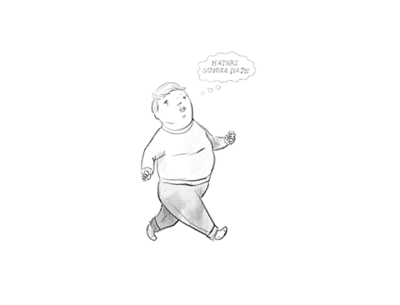On Friday, September 10 in the northern Afghan city of Fayzabad, thousands took part in a protest against the planned Qur'an-burning following Eid ul-Fitr prayers.
Violent demonstrators threw stones at a German-controlled NATO base. Initial reports said troops inside opened fire, killing up to three people and injuring several others, but a local police official said that only local police, not the NATO troops, were involved in the shooting.
According to the acting police chief of Badakshan the protesters broke down the first perimeter gate surrounding the base and beat Afghan security guards and police on duty with sticks. Before opening fire police allegedly fired warning shots and were also fired upon from the direction of the demonstrators, said the police official.
Protest rallies were held in several other Afghan provinces: Nimruz, Kunar, Nangarhar, Parwan, Baghlan, Kunduz, Balkh and Farah.
Protests continued throughout the next two days, with three protesters wounded on September 11 and four on September 12 as Afghan security forces shot into groups of protesters, some armed with sticks or throwing stones, to disperse them.
Two died in hospital due to severe gunshot wounds.[58] On September 11, protests continued in the country, when Afghan security forces fought back thousands of demonstrators. Four demonstrators were wounded by security forces; firing when they tried to storm several government buildings in Pul-e-Alam, in Logar province. They also hurled stones at such buildings as the department for women's affairs. In Badakhshan province, another thousand people protested three separate districts, though the police chief said it was peaceful.
Small rallies were reported in Pakistan in Karachi and the central Pakistani city Multan with around 200 protesters.
There were also protests in Indonesia, Gaza, and India, a non-Muslim majority country.
Protests in Kashmir escalated over several days, as Koran demonstrations quickly turned into separatist protests against the Indian government in the Muslim-majority province. On September 13, protesters defied a military-imposed curfew, setting fire to a Christian missionary school and government buildings. At least 13 people were shot dead by police, and one policeman was killed by a thrown rock; at least 113 policemen and 45 protesters were wounded.
On September 12, a church was burned and a curfew instituted in Punjab. Violence also spread into Jammu, with three protesters shot by police.
Protesters burned several government offices and vehicles.
Police prevented the burning of a Christian school in Poonch, and another in Mendhar the next day, in clashes leaving four protesters killed, 19 wounded, but dozens of government offices, a police station, and eight vehicles were burned.
As of September 16, the Hindustan Times placed the death toll at 90.
In Somalia, the al-Qaida-inspired group Al-Shabaab organized a protest rally against the Qur'an-burning attended by thousands.
http://en.wikipedia.org/wiki/2010_Qur'an-burning_controversy#International

